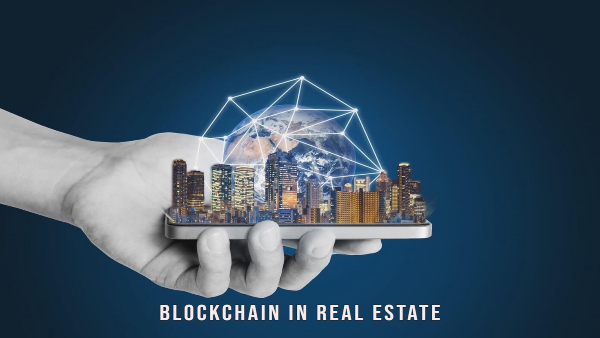The commercial real estate sector is undergoing a transformative shift as blockchain technology begins to reshape how properties are bought, sold, and managed. Analysts project that by 2035, up to $4 trillion worth of commercial real estate could be tokenized, allowing investors to purchase fractions of high-value properties without relying on traditional banking intermediaries.
Tokenization converts real estate assets into digital tokens on a blockchain, enabling fractional ownership, instant settlement, and enhanced transparency. Investors can now hold a percentage of office buildings, shopping centers, or industrial properties and trade their tokens in secondary markets. This innovation significantly lowers the entry barrier for small and medium investors, democratizing access to a sector that was historically reserved for institutional players.
| Feature | Traditional Real Estate | Blockchain Tokenized Real Estate |
|---|---|---|
| Investment Minimum | $100,000+ | $100–$1,000 |
| Liquidity | Low, months to sell | High, near-instant via blockchain |
| Transparency | Moderate, relies on intermediaries | High, all transactions recorded on blockchain |
| Ownership Structure | Full property ownership | Fractional, multiple investors |
Experts note that tokenized real estate not only facilitates faster transactions but also opens doors for global investment opportunities. Investors from anywhere in the world can participate in projects, diversifying portfolios and mitigating geographic risk.
Several pioneering firms are already launching blockchain-based real estate platforms, offering digital tokens backed by commercial properties. These platforms often integrate smart contracts to automate rent distribution, property management, and dividends, further reducing administrative costs.
As blockchain adoption grows, commercial real estate is poised to become a more liquid, transparent, and inclusive market, bridging the gap between traditional assets and the rapidly expanding digital economy.


